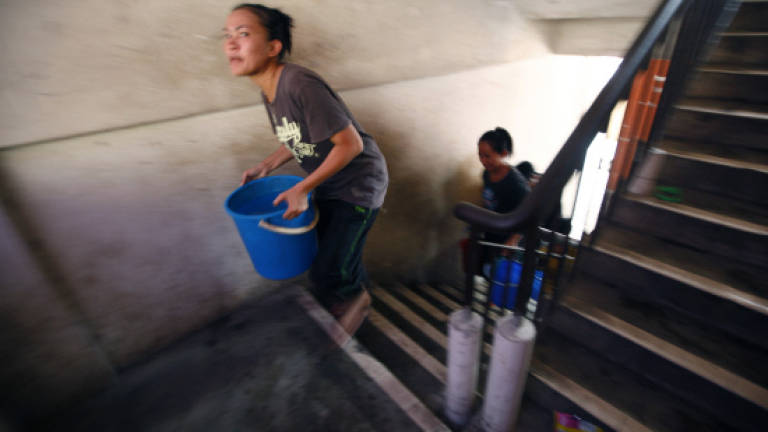AICHR should accelerate efforts to improve rural water, sanitation needs

KOTA KINABALU: Sabah Chief Minister Tan Sri Musa Aman has urged the ASEAN Intergovernmental Commission on Human Rights (AICHR) to accelerate work in handling competing demands and needs such as clean water and sanitation, especially for rural communities.
He said with the rapid development of ASEAN's economy, the demand for water and sanitation also showed significant increase, leading to uncertain and limited supplies.
"Water and sanitation cross-cut other levers of sustainable development such as the right to health, right to be free from poverty and the right to peace.
"Ill-health associated with deficits in water and sanitation undermines productivity and economic growth, reinforcing the deep inequalities that characterise current patterns of globalisation and trapping vulnerable households in cycles of poverty," he said at the opening of the AICHR Regional Consultation on the Right to Safe Drinking Water and Sanitation here today.
The text of Musa's speech was delivered by Assistant Minister in the Chief Minister's Department Datuk Edward Yong Oui Fah.
The chief minister noted there were people in urban and developed areas who took safe drinking water and sanitation for granted, whilst basic necessities were difficult to come by in rural areas.
He said there had been credible reports suggesting the root of water crises was not about the shortage in physical supply but were traced to poverty, inequality and unequal power relationships as well as poor water management which exacerbated scarcity.
Earlier, Malaysia's representative to AICHR, Edmund Bon said there were still operational challenges facing ASEAN where many still had no proper access to safe drinking water and sanitation.
"The most vulnerable groups include asylum-seekers, refugees, displaced persons, ethnic minorities, trafficked persons, the indigenous and non-citizens.
"These groups are unable to realise the right to water and sanitation themselves by means they have at their disposal, and require assistance," he said.
Regional Representative of the United Nations Human Rights Office for South East Asia, Cynthia Veliko said water was also the most immediate manifestation of the effects of climate change taking place globally, including in South East Asia, often in extreme weather patterns such as flood and drought. — Bernama